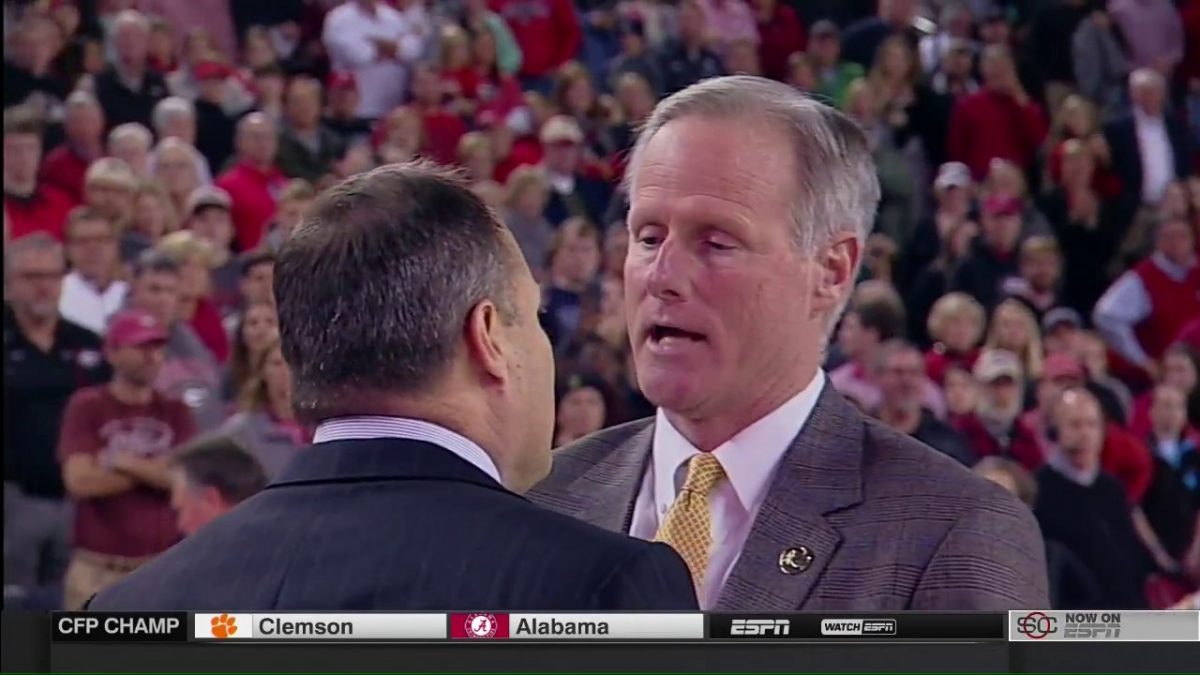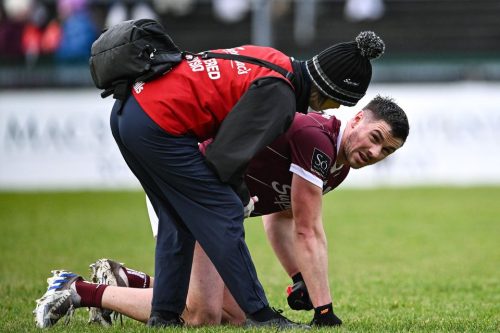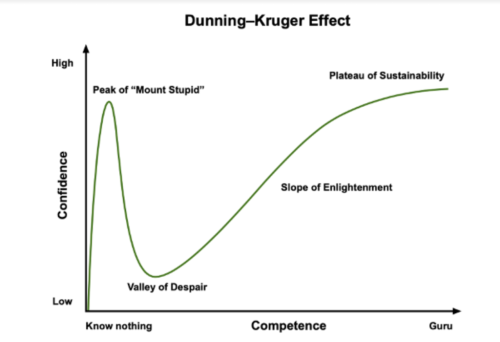
Kaizen in Everything. But Why?
“The only true test of intelligence is if you get what you want out of life.” – Naval Ravikant
“That’s a load of rubbish”
“That’s dangerous and unnecessary for athletes”
“He doesn’t know one thing about football”
“That coach is too young to have any useful experience whatsoever”
Armchair critics pic.twitter.com/JRWZKBQEz0
— Moose Allain Ꙭ (@MooseAllain) April 6, 2020
It’s become all too common in the industry of strength & conditioning, to hear coaches tearing shreds off each other to athletes, potential clients and their peers. The coaching industry has always struggled with an attitude of begrudgery and “my way or the high-way” type thinking.
Unfortunately, given the nature of coaching, it’s typically those that are comfortable being the centre of attention that are attracted to the role. Sometimes this may lead to the biggest ego in the room getting the job. The person that’s not afraid to say just how good they are, climbs their way to the top, brushing aside any quieter, more humble “competition”.
In order to sell your coaching philosophy to your athletes, clients and co-workers, you must be confident in it. However, this confidence can often go too far towards one end of the spectrum, leading to an air of arrogance, rather than assurance. This is why we see so many egotistical coaches that believe that their way is the ONLY WAY!
They will be so solid in their convictions to their process, and so confident that they are the absolute best, that they will discount any coach or training method that doesn’t fit into their little box of what is right and what is wrong.

In their minds, their process may be the only way to achieve results, but I believe that it is not only their large ego that skews their perspective here. In some strange paradox, this abnormally large ego may also coexist along with an insecurity in themselves.
This insecurity is not in their ability to do their job. Definitely not! As I said, they strongly believe that they are the best to ever do it. They can solve anyone’s problems because they stand head and shoulders above others in the industry.
No, the insecurity I speak about is an insecurity in their ability to attract clients and athletes, and achieve buy-in from them. They perceive their lack of interest, revenue, achievement and status, as an injustice that has been dealt to them. It has occurred as a result of external factors outside of their control. They point fingers at others in the industry and say that all of their success and accolades have come as a result of luck, clever marketing, poor ethics and machiavellianism.
Everything that anyone else achieves can be explained away and any lack of recognition that they achieve can be dealt with in a similarly dismissive manner. It’s never their fault that they find themselves in the position that they do. It’s never their fault that things haven’t worked out for their athletes as planned. And it’s never their fault that they are left feeling miserable and dissatisfied with what they have achieved in their career so far. They deserve far better and far more because they are quite obviously the best!
What this irrational thought pattern often leads to is a lack of refinement of their coaching process. This may in turn lead to more stagnation in personal development and wallowing in self-pity. After all, it’s not the fault of the process that the athletes haven’t achieved what they could. It’s so obviously the athlete’s. It’s not the fault of the process that they didn’t get that job in the end. It was obviously rigged from the start. It’s not the fault of the process that they’re not attracting more clients. So then why bother changing it?
This is exactly what you don’t want to happen if you want to further your career and grow into the top quality practitioner that you are capable of becoming. The coaches at the top, that continue to improve, are the ones that recognise the value in others work, and constantly critique and refine their own coaching process.
As you progress in your years in the industry, what you will learn is that there can be value in almost everything that is done. What there is no value in doing is discounting alternative approaches without first thinking critically about your own. There is no point in arguing with someone’s approach because you simply don’t like them as a person. When approaching the science of training, we are interested in ideas, not people. It is only when the application of the science is at hand that we must consider the personal aspect of coaching.
So don’t put down another person’s process until you question their rationale first. Don’t criticise simply because you are jealous of them and/or frustrated in your own position. And don’t compromise your moral standards and values in the quest to attract more clients.
If someone is blatantly employing tactics that are immoral and unethical then don’t be afraid to call them out.
But before you do so, ask yourself, “What can I learn from this person?”
The best advice I’ve been given is to be yourself, focus on self-development and learn something from everyone.
The industry will hopefully be all the better for it.
There are plenty of potential clients to go around.

“The only true test of intelligence is if you get what you want out of life.” – Naval Ravikant

So, we can see that when it comes to our training, a certain volume of work when paired with adequate recovery is positive for our development, but if that same intensity of work is mismanaged and spiked, then the same exercise intensity can be toxic to the athlete.

Unfortunately, it takes a fall from the peak of mount stupid, on top of the Dunning-Kruger curve, for many of these lessons to land home.
Here to help you achieve your health and performance goals.
At Petey Performance, I’ll assist you every step of the way. What’s stopping you?
Take ownership today.
© 2021 All Rights Reserved
Subscribe to Petey Performance and get updates on new posts plus more exlusive content.